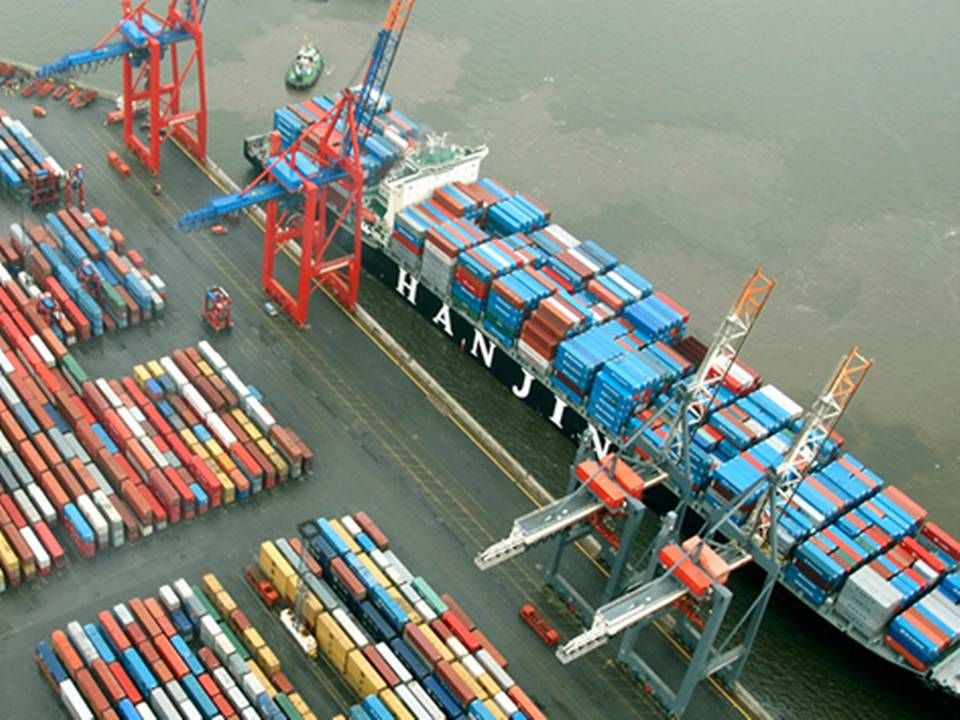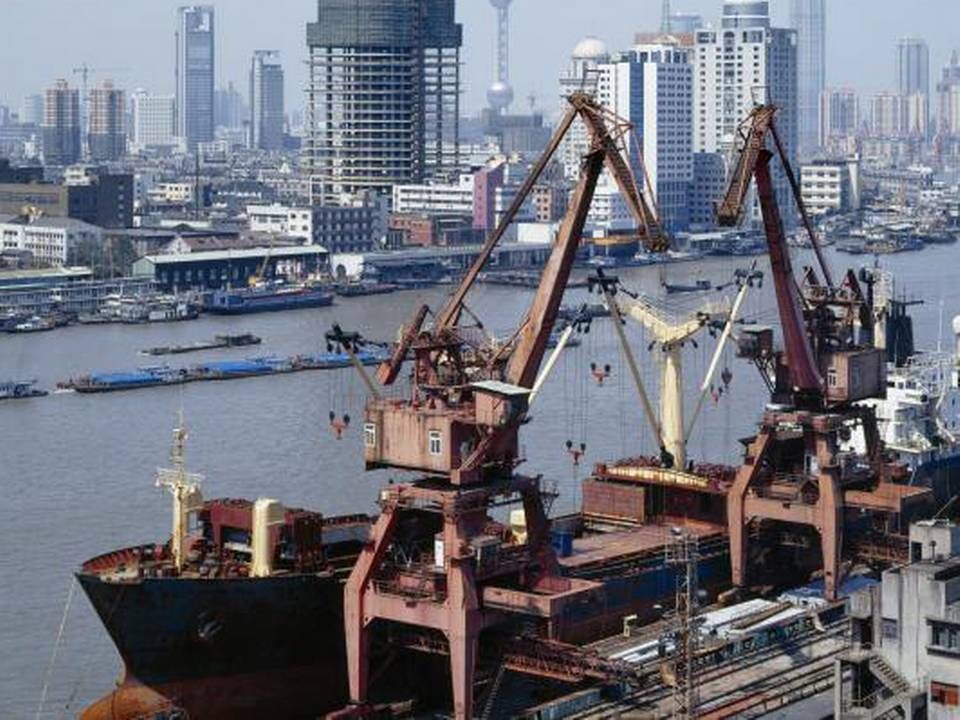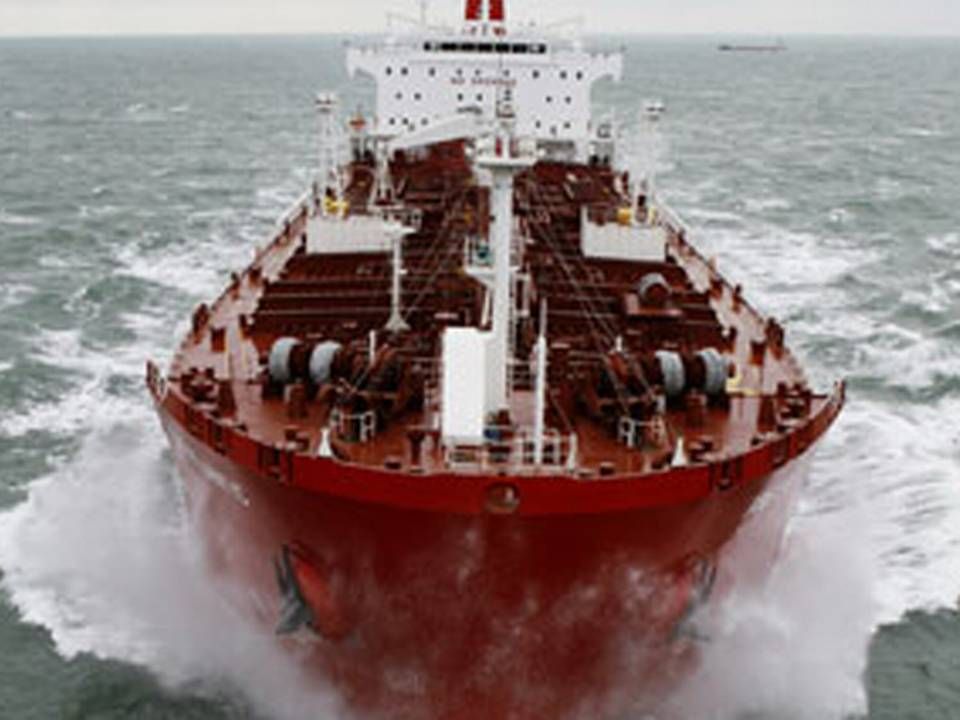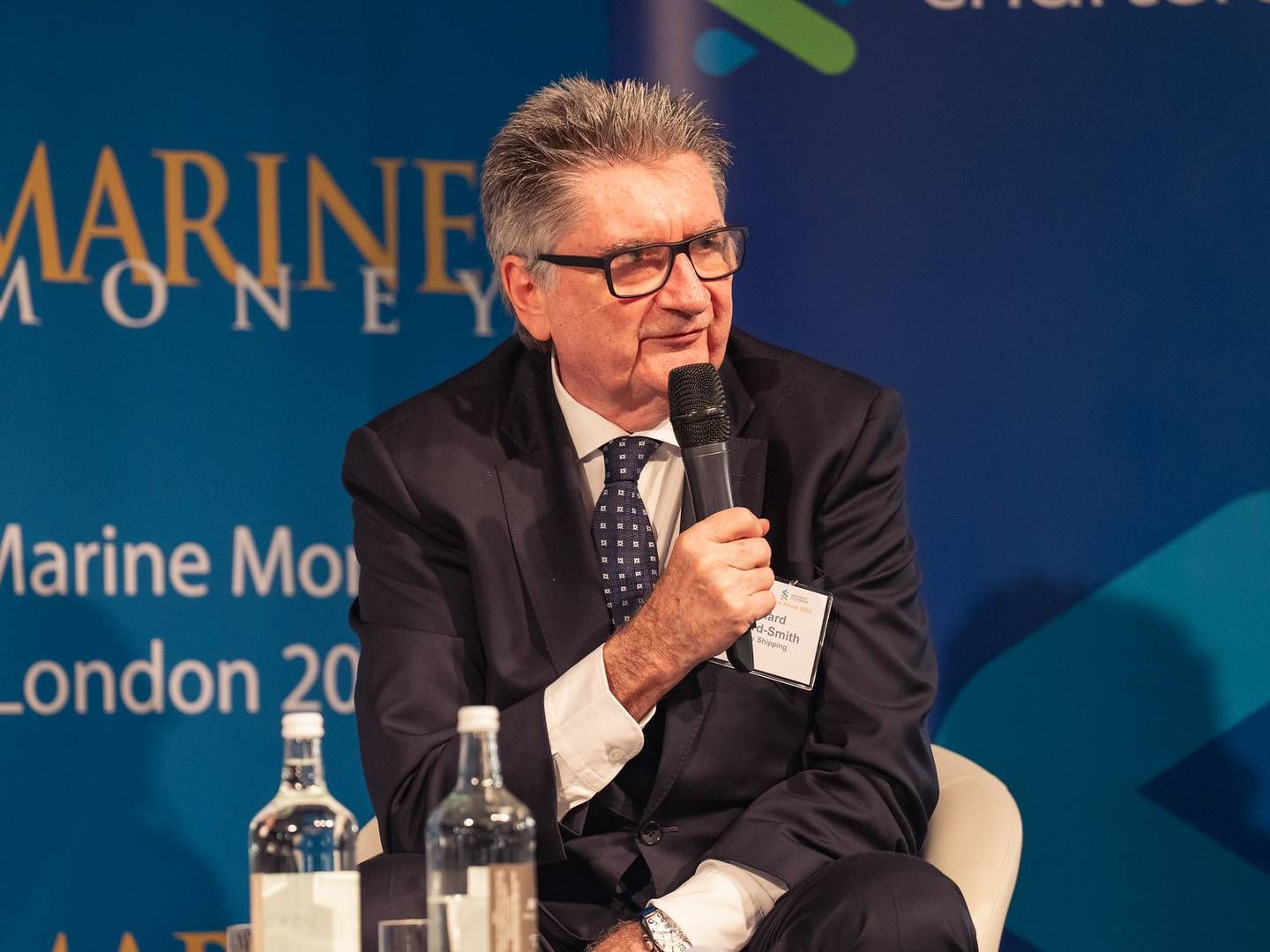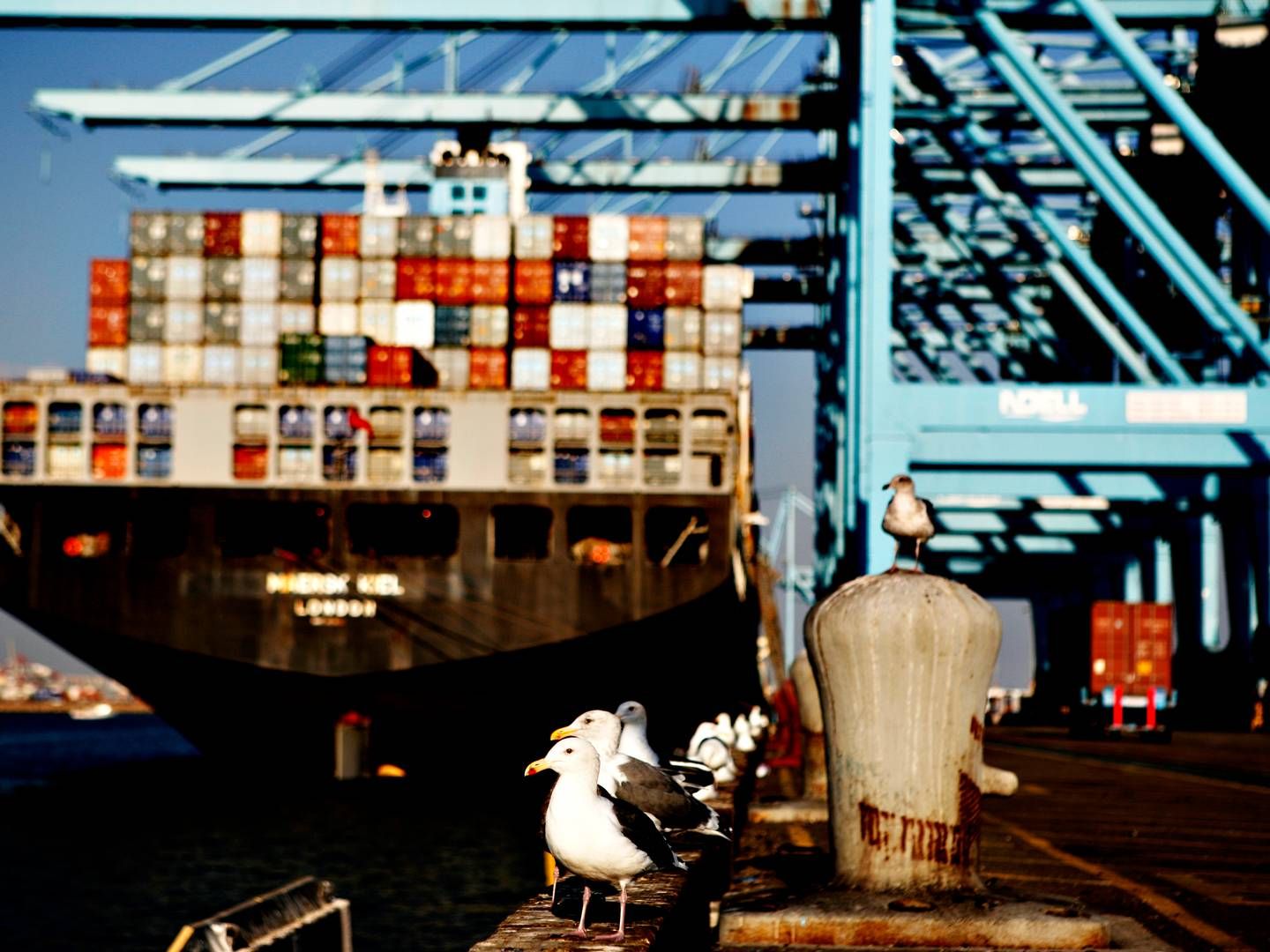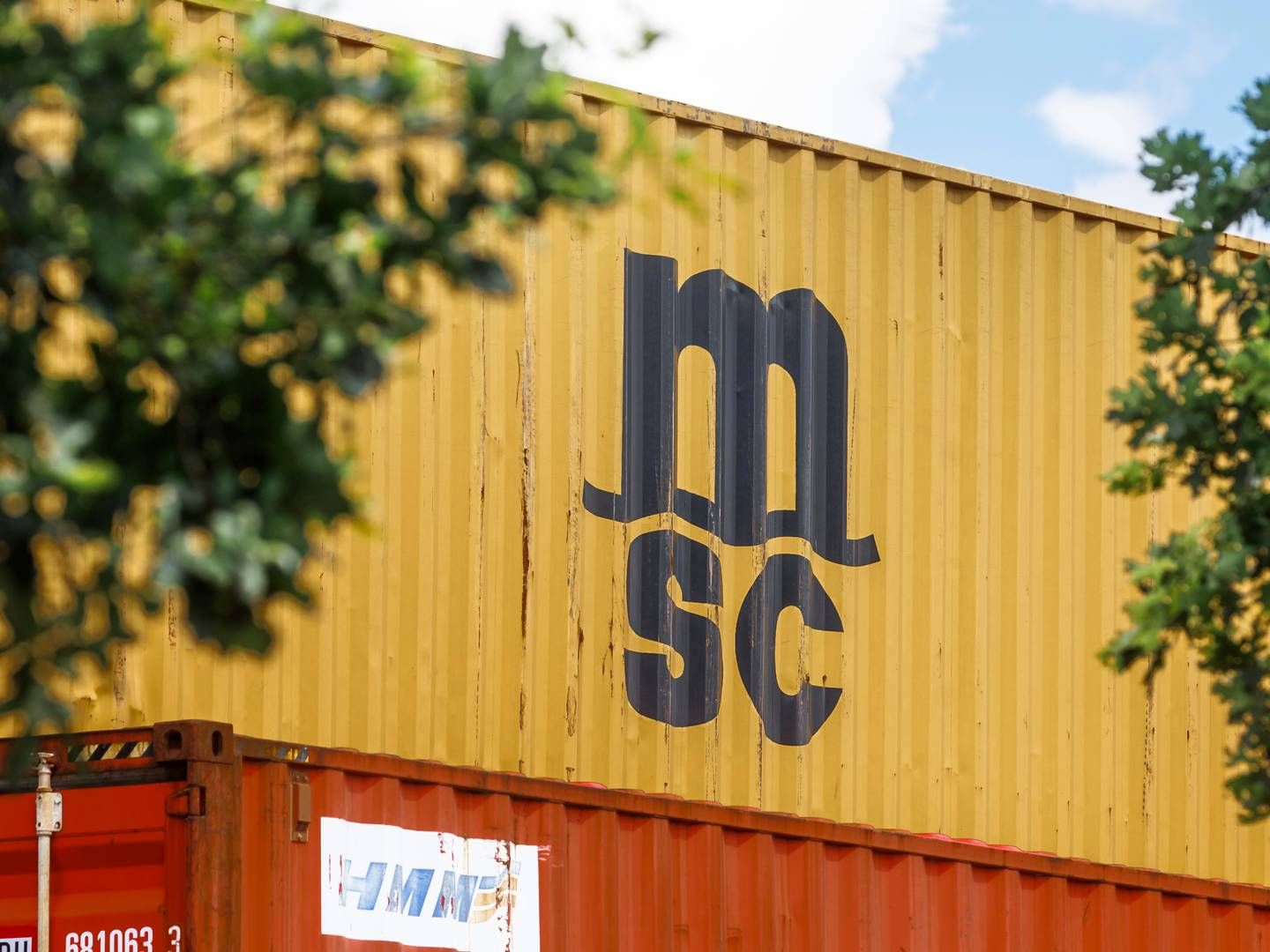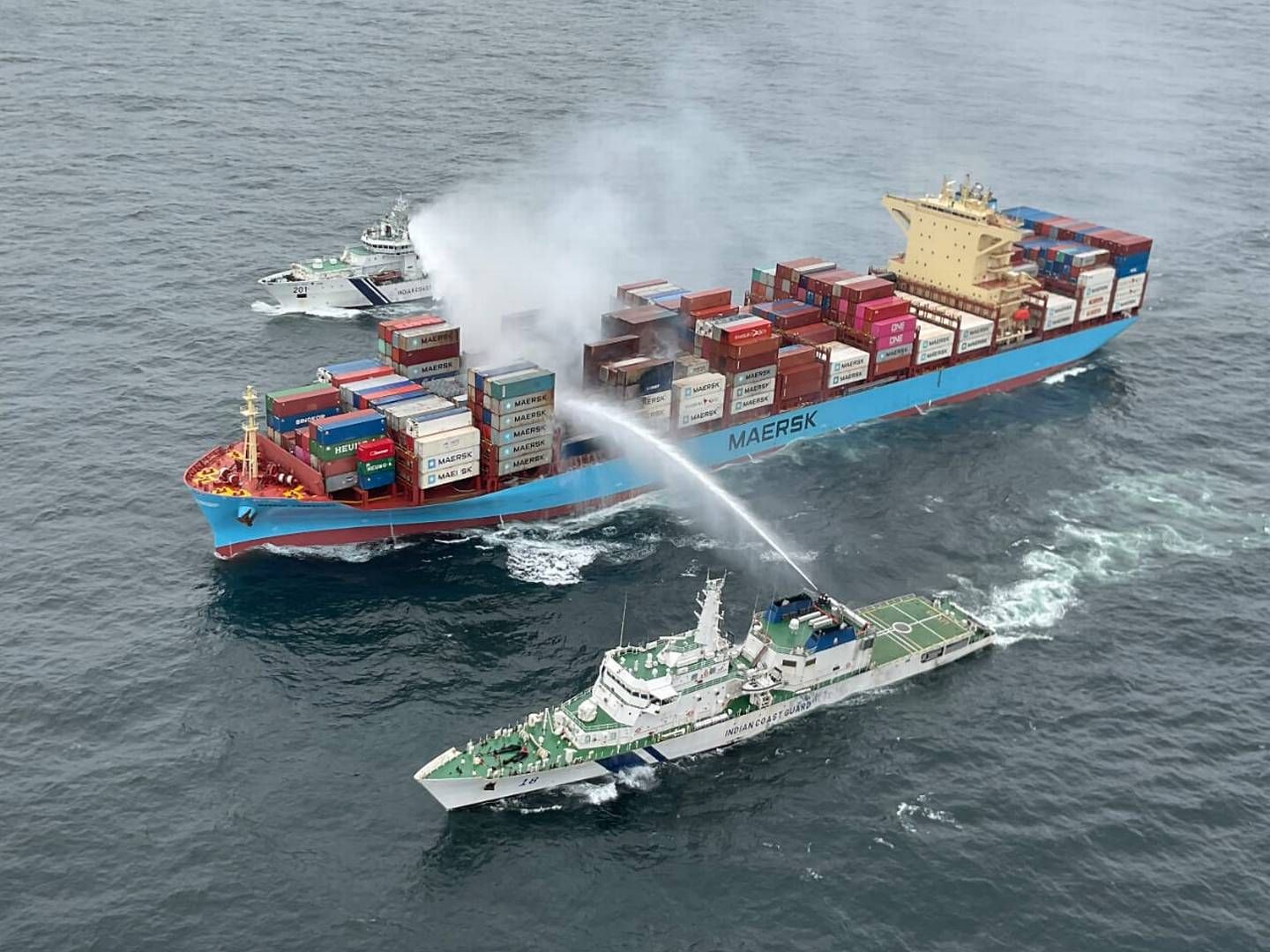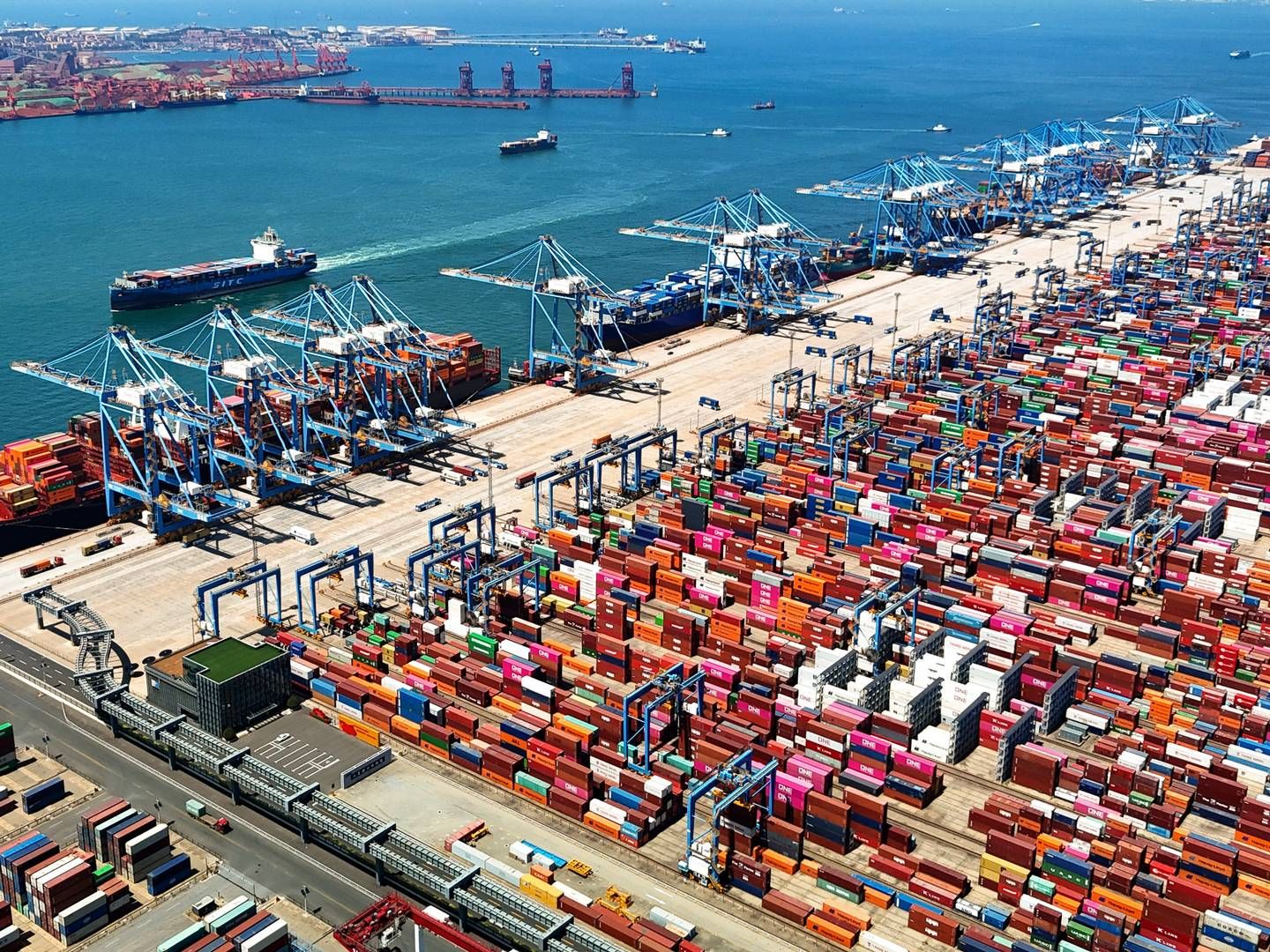Analysis: Room for much tighter efficiency in new ships
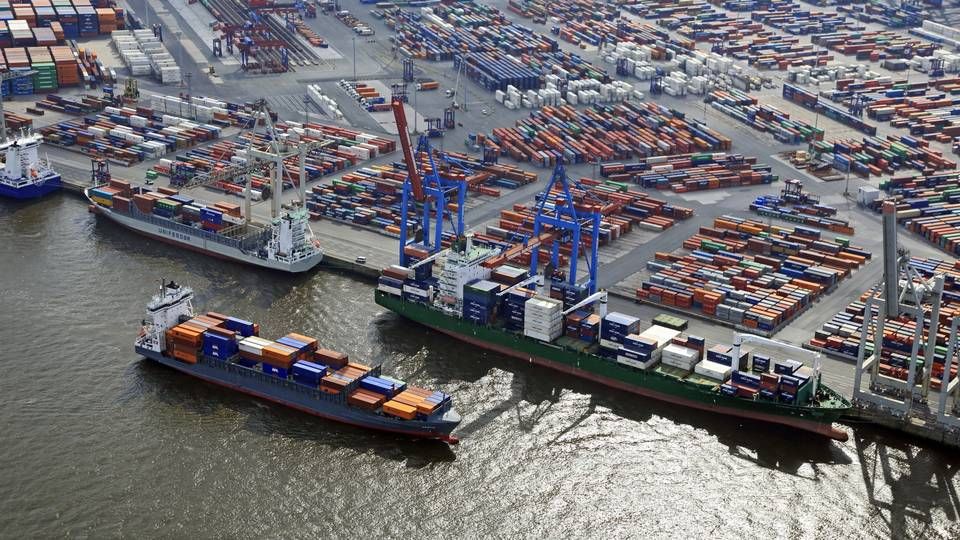
The majority of new vessels currently live up to the goal for standards for energy efficiency in 2020 as stipulated by the IMO's EEDI index. This is evident from a new study carried out by consultant agency CE Delft for the Brussels-based NGOs Seas at Risk and Transport & Environment. A positive conclusion, which according to the NGOs, however, also provides significant room for further improvements and not least requirements for shipowners when they construct new vessels.
The study includes new container and merchant vessels built between 2009 and 2014. For the vessels built between 2009 and 2012, there was a slight improvement in efficiency which changed dramatically for the vessels from 2013 and 2014. More than 34 percent of container ships and 43 percent of the merchant ships in the study met the standards for the EEDI in 2030 as well.
"Along with the earlier study of historical design efficiency trends, this latest work only confirms that the EEDI targets need substantial revision. The current standards fail to reflect best practice or the pace with which improvements in efficiency can be brought about," says Bill Hemmings, Programme Manager at Transport & Environment, in a statement.
Shipowners: NGO environmental critique is imaginative
The study also illustrates that there are big variations among vessels in the same segment and size. According to the NGOs, this means that there is still much more to be saved, both in terms of fuel as well as reductions in CO2 emissions, if all vessels were built according to the best available designs, write the NGOs.
The IMO's Marine Environment Protection Committee, MEPC, will meet next week in London, where EEDI (Energy Efficiency Design Index) is among other topics on the agenda. The EEDI is the index where vessels note their energy efficiency along with emissions of CO2, and the IMO is currently investigating whether the index has clear enough regulations for new vessels that hit the water from 2020 and forward. The index was introduced in 2013 and is continuously tightened, as the requirements will also to be tightened ahead 2020.
"Shipping is a significant and growing contributor to global greenhouse gas emissions. If the IMO's Energy Efficiency Design Index is to be fit for purpose, new reduction targets must be agreed that take account of what "best in class" designs can already achieve," they write.
NGO: Ships are less energy efficient than in 1990
Related articles
NGO: Ships are less energy efficient than in 1990
For subscribers
OECD: The challenges faced by the world's biggest ports
For subscribers
Benefits of new eco-ships undermined by falling oil price
For subscribers

